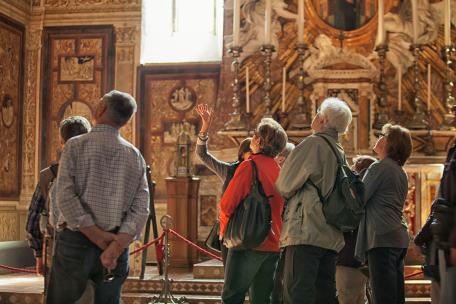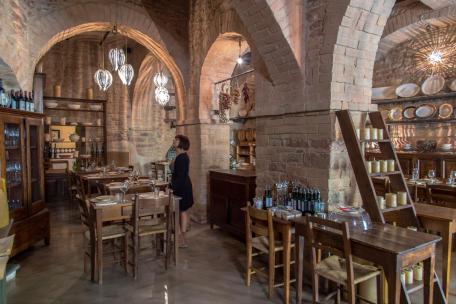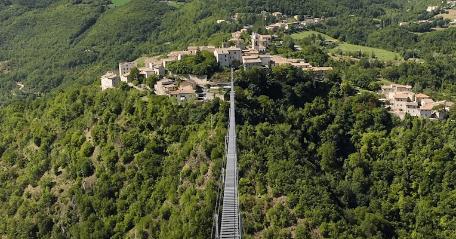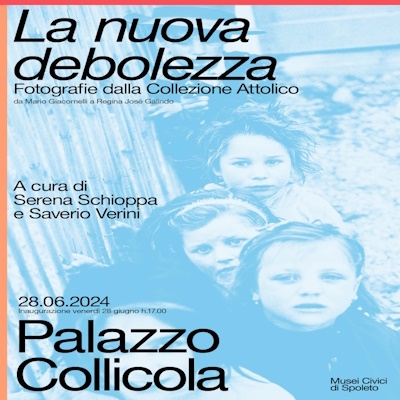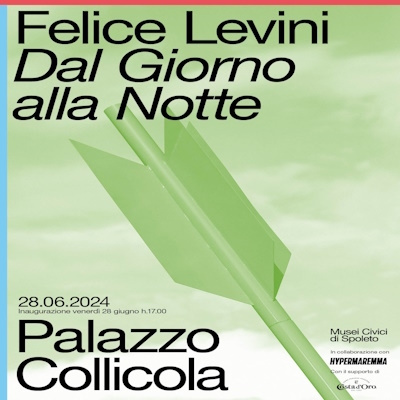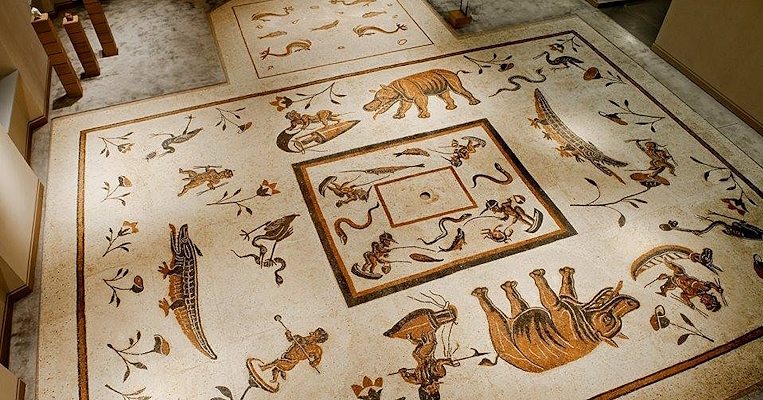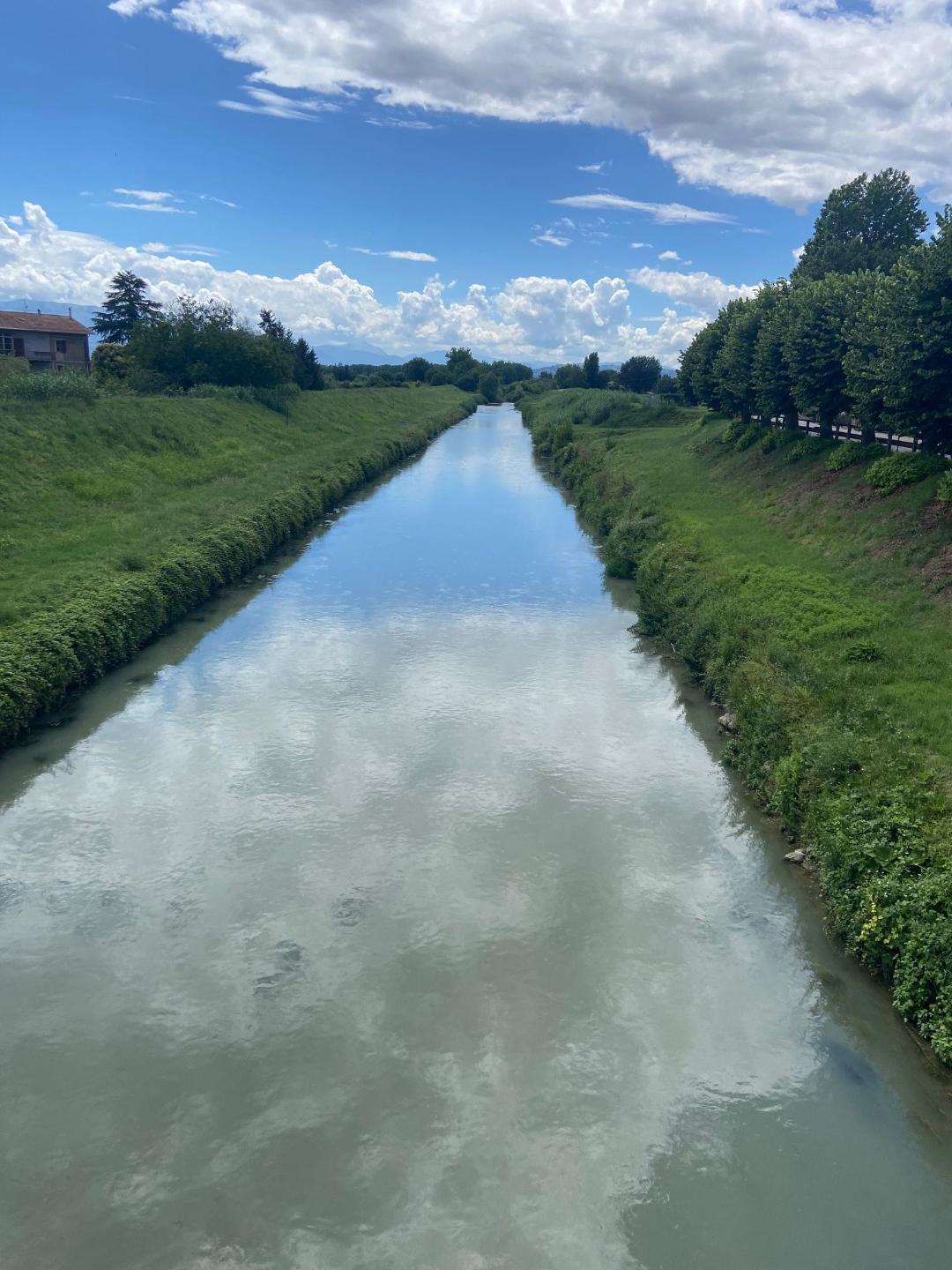Cannara is located in the heart of Umbria, in the middle of the Valle Umbra plain on the left of the Topino river, facing Assisi and Spello. According to tradition, its name comes from the many cane thickets that once grew in the marshy areas along the Topino.
HISTORY
Cannara's origins go back to the ancient Umbrians and Romans, and after the fall of the Roman Empire and the Lombard invasion, Assisi and Perugia fought to control it for many years. In 1352 it became part of the Duchy of Spoleto, and in 1424 Braccio da Montone conceded it to the Baglioni of Perugia, who held on to it until 1684, when the entire area came under the dominion of the Church, until the birth of the Kingdom of Italy (1860).
ART, CULTURE, ENVIRONMENT
Places worthy of a visit in the medieval-walled historic center are the Town Hall and the Civic Tower (15th century). Also very interesting are the Church of San Biagio, an example of the late Umbrian Romanesque which has preserved its old 13th-century façade and portal in Assisi stone, the Church of San Matteo (14th cent.), with a triptych by Alunno and a wooden statue of Our Lady of Sorrows, and the Church of San Sebastiano, home of the Picture Gallery.
Cannara has three special sites of religious interest that trace the life of St. Francis: the Church of San Francesco commemorates the Institution of the Third Order with another precious painting by Alunno; Palazzo Majolica-Landrini, inside of which is the Sacred Hovel where Francis stayed during his visits to Cannara; and just outside the town is the Pian d'Arca Shrine, with a stone which marks the place where Francis made his famous Sermon to the Birds.
Essential sights nearby include the Church of San Donato, built in 1667 to preserve a miraculous image of the Madonna and Child with Saints Francis and Donato frescoed in a rural shrine, and the Church of San Giovanni Decollato, with frescoes attributed to Dono Doni of Assisi.
In the locality of Collemancio are the ruins of the ancient Roman municipium of Urvinum Hortense, where archeological excavations have unearthed a number of important artifacts, on permanent display in the Antiquarium.










